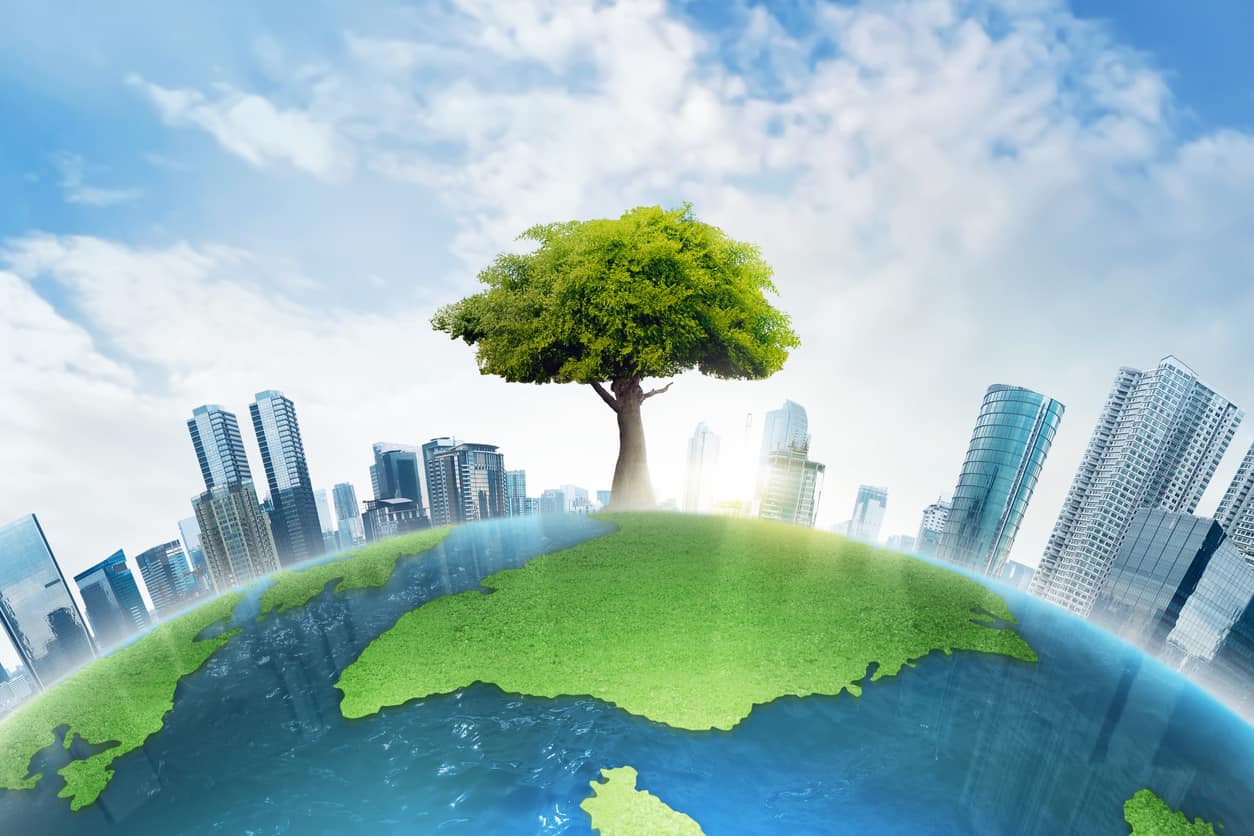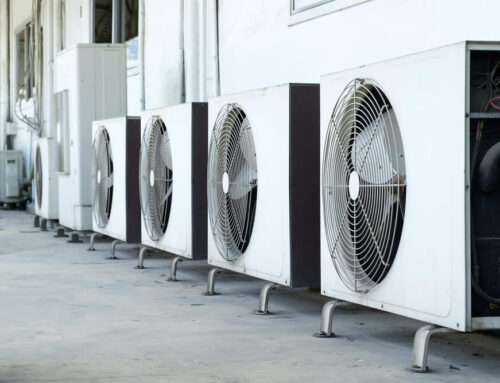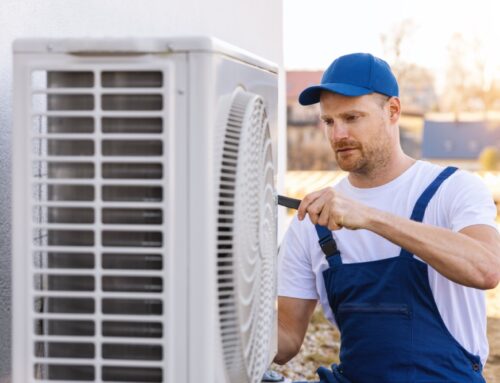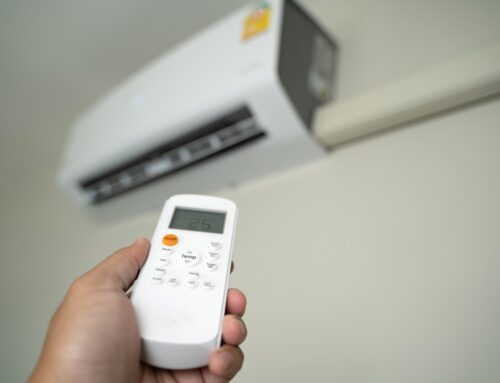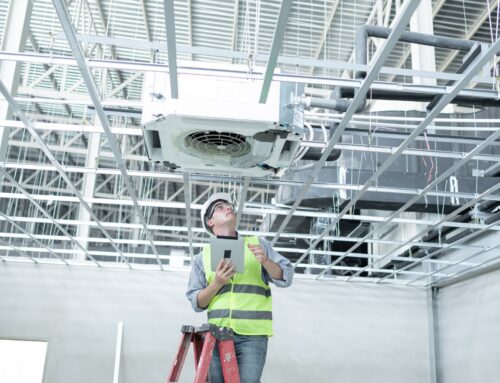Whether you believe in climate change or not is entirely up to you. There have already been countless debates on weather-oriented topics, both public and private, but the Paris agreement in 2015 has pushed a clear message across the world that all nations must take ecological matters more seriously in terms of policy and practice. In an attempt to mitigate the effects of recent climate changes, people are urged to act locally in order to contribute to the global purpose.
One of the fastest ways to limit the amount of carbon in the atmosphere is by phasing down the use of hydrofluorocarbons – powerful greenhouse gases that trap the warm air, causing global temperature increase. Since each home has its own climate, your own air conditioner is the best place to start. How? By upgrading to a more efficient and eco-friendly technology.
Many governments, including India and China–the two most populous countries in the world–as well as international companies and stakeholders, have invested a lot of money to support the campaign dedicated to increasing energy efficiency of air conditioners and phasing-down the collateral super-pollutant HFC refrigerants. The goal is to create smart, climate- and budget-friendly cooling equipment that will prevent greenhouse gas emissions from reaching unprecedented levels.
By 2050, it is estimated that the number of air conditioners worldwide will jump from 900 million to 2.5 billion units. This means that companies offering air conditioning services will have a lot on their plate if they are to supply the market with quality tech, while also upholding the newly established ecological standards. For instance, due to the 2017 Atlantic hurricane season, a lot of people have felt the unusually recurring extreme weather on their skin, which convinced them to buy into the movement and demand more affordable solutions.
For instance, a 30% increase in the average efficiency of ACs could reduce the emissions of CO2 by up to 25 billion metric tons by 2030. This is the equivalent of completely erasing the harmful atmospheric discharge created by more than 1,500 coal power plants.
Changes have to come in the fields of finance, manufacturing, and law if the air conditioning market is to fully experience the much-needed metamorphosis. Still, some countries may not yet possess the financial means for each household to make the transition, but even the simplest task of monitoring your daily usage and timely air-conditioning repairs can prevent the emissions from exceeding their threatening levels.
Of course, the air conditioning sector is just a start when it comes to practically discussing these topics. Yes, the symbolism behind it is apparent because if individuals can effectively and efficiently control the climate of their own home, it seems like we can contribute to pacifying the overall intensity of global weather patterns if we purposefully band together. Still, an AC is just a home appliance, there are so many ways to contribute to those changes – from planting trees to choosing your car.
To finish what we started, whether you believe in climate change or not is your own decision to make, but ecology should surpass any notions of attempting to literally control the weather on one side and calling victims of environmental disaster attention-seeking charlatans on the other. The point is to keep your environment unblemished and sustainable. The point is for technology to evolve and make our stay here a comfortable one. Our planet may have sustained many climatic changes, but life has managed to overcome such conditions nevertheless.
Now is the time to adapt to current conditions.

